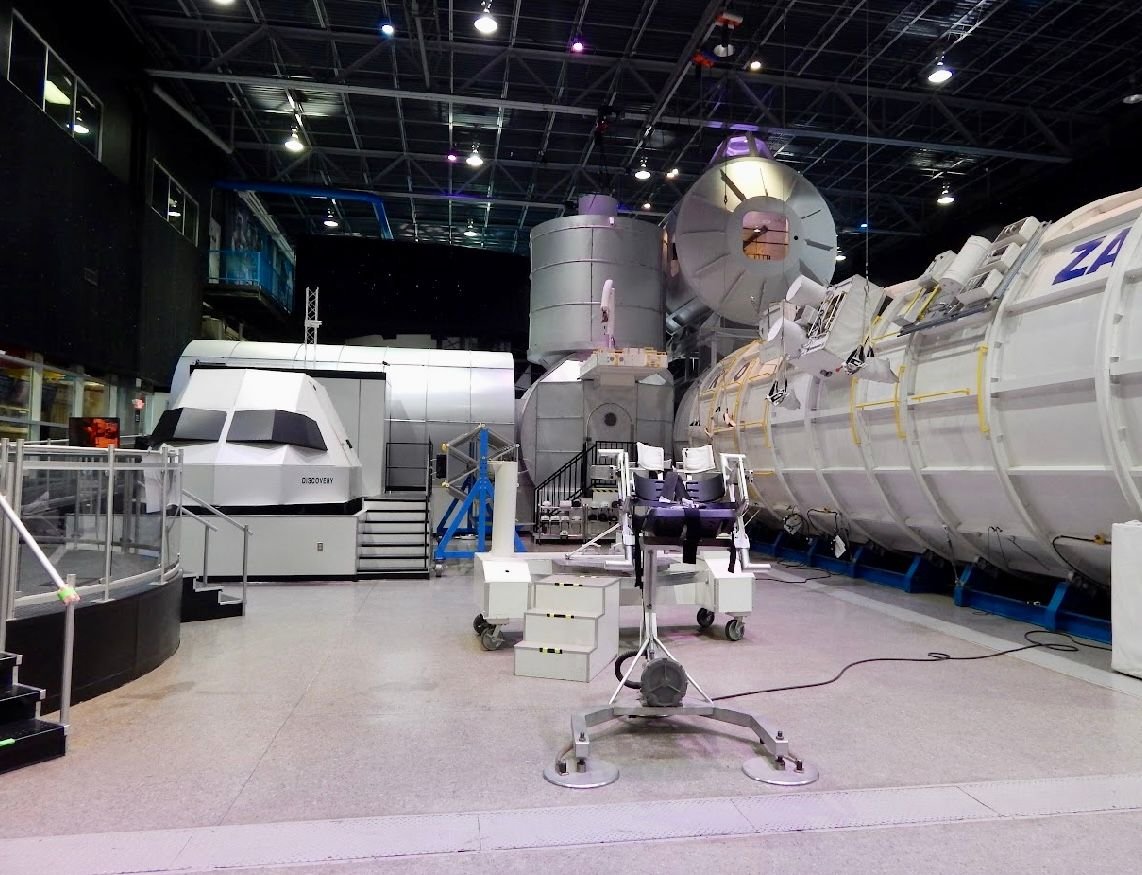
Space Camp
Students and teachers from the Georgia Academy for the Blind have a blast at annual space camp.
One educator who has gone to the space camp is Dr. Neel Bennett, a high school science teacher at the Georgia Academy for the Blind. He and his wife, Tinika, Director of Photography for Houston County Living Magazine, have four children and reside in Perry.
Story By: Stephen Prudhomme
Photos By: Tinika Bennett Photography
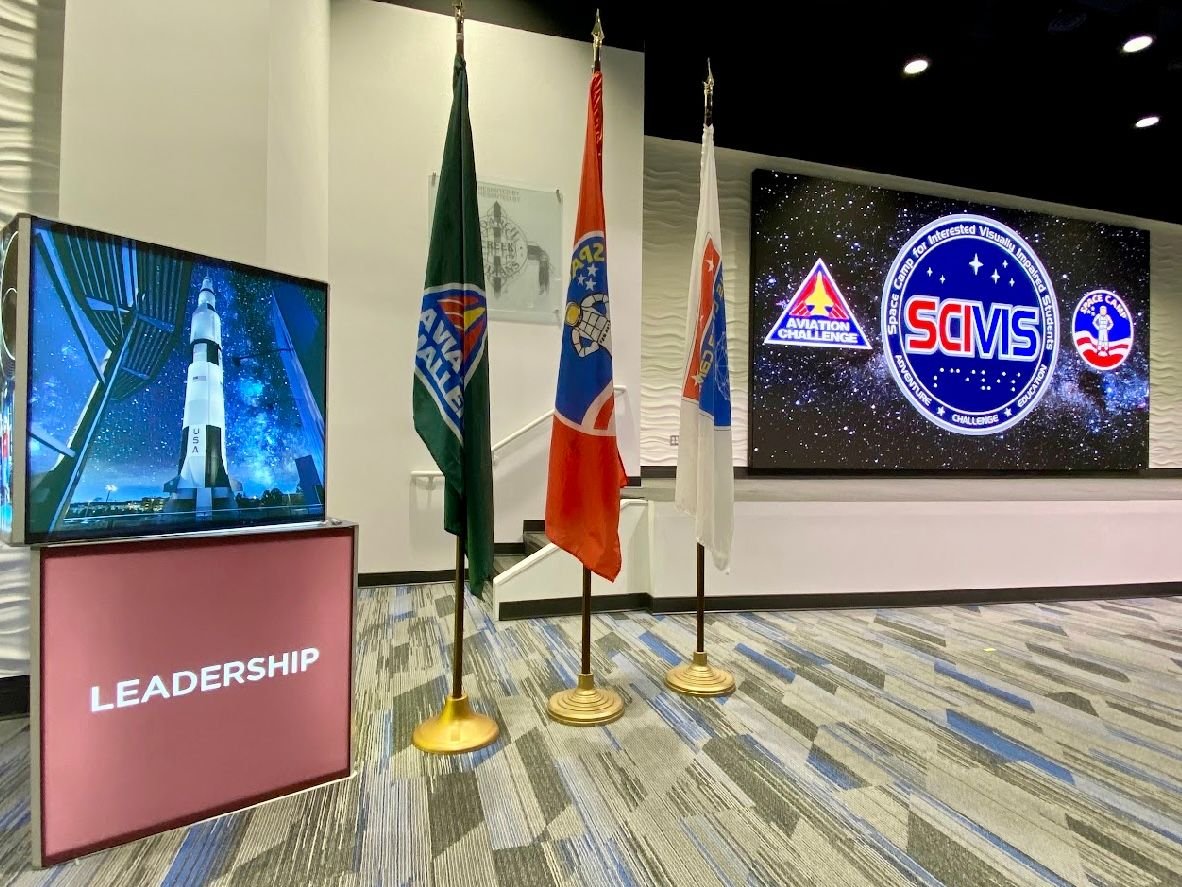
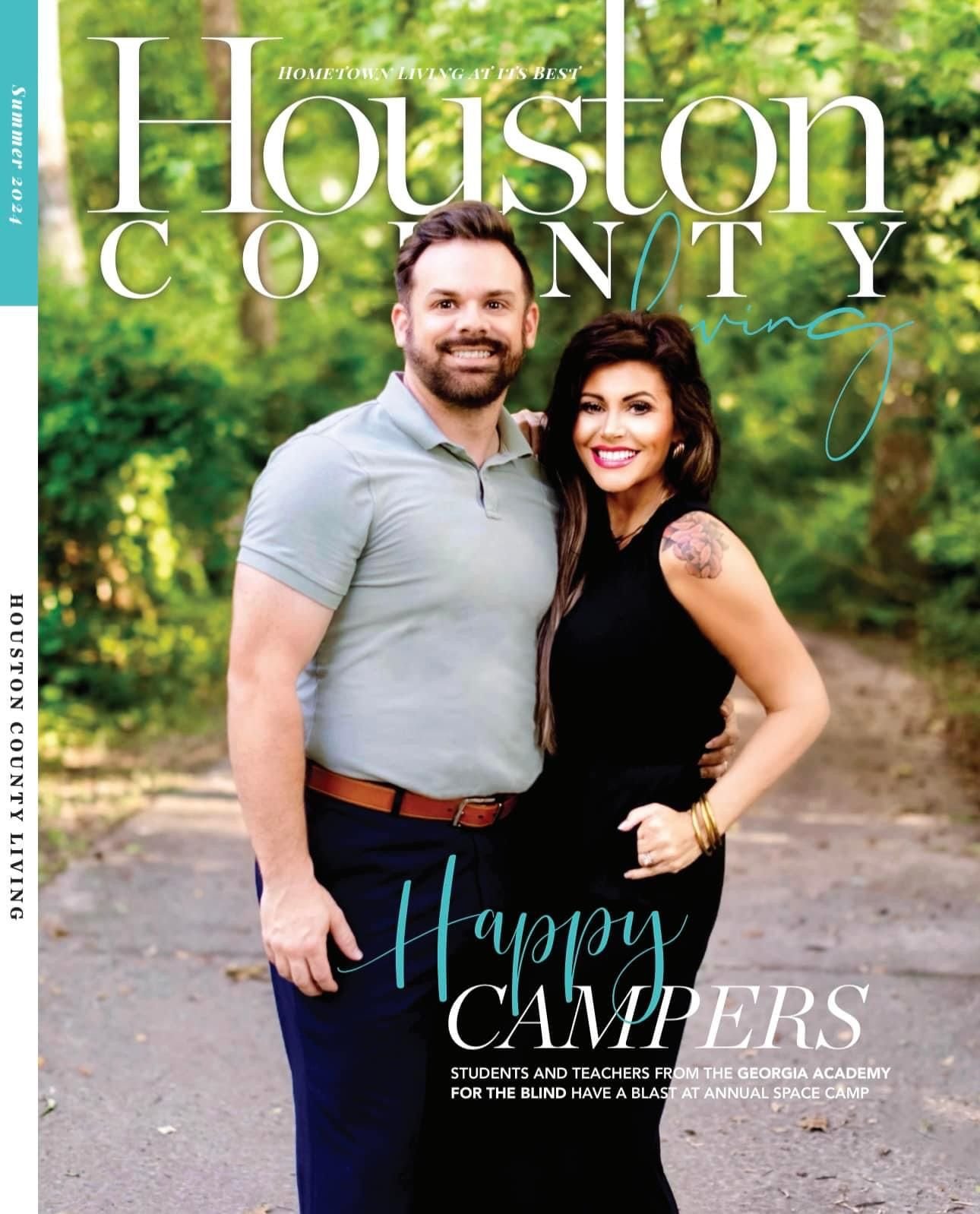
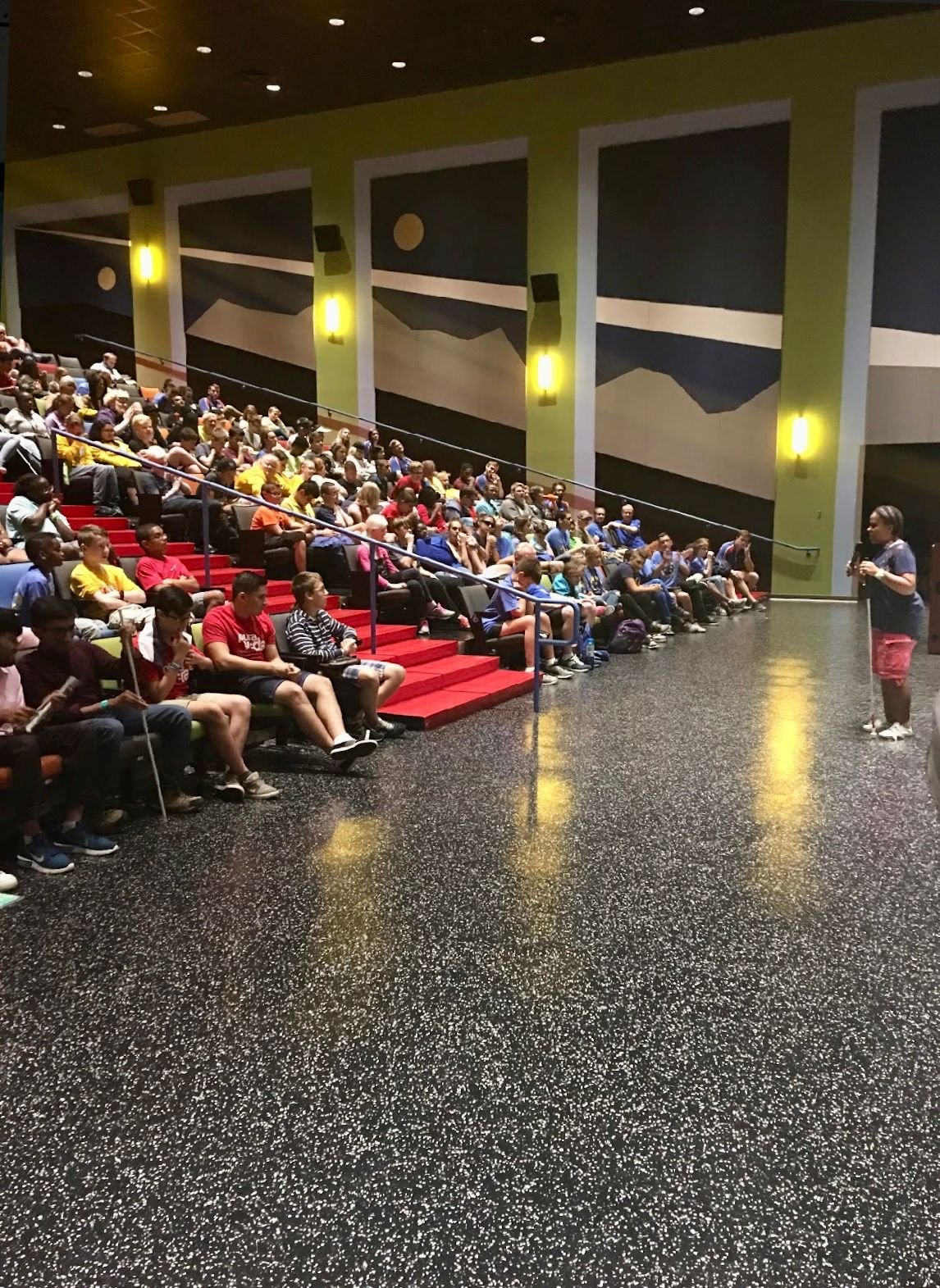
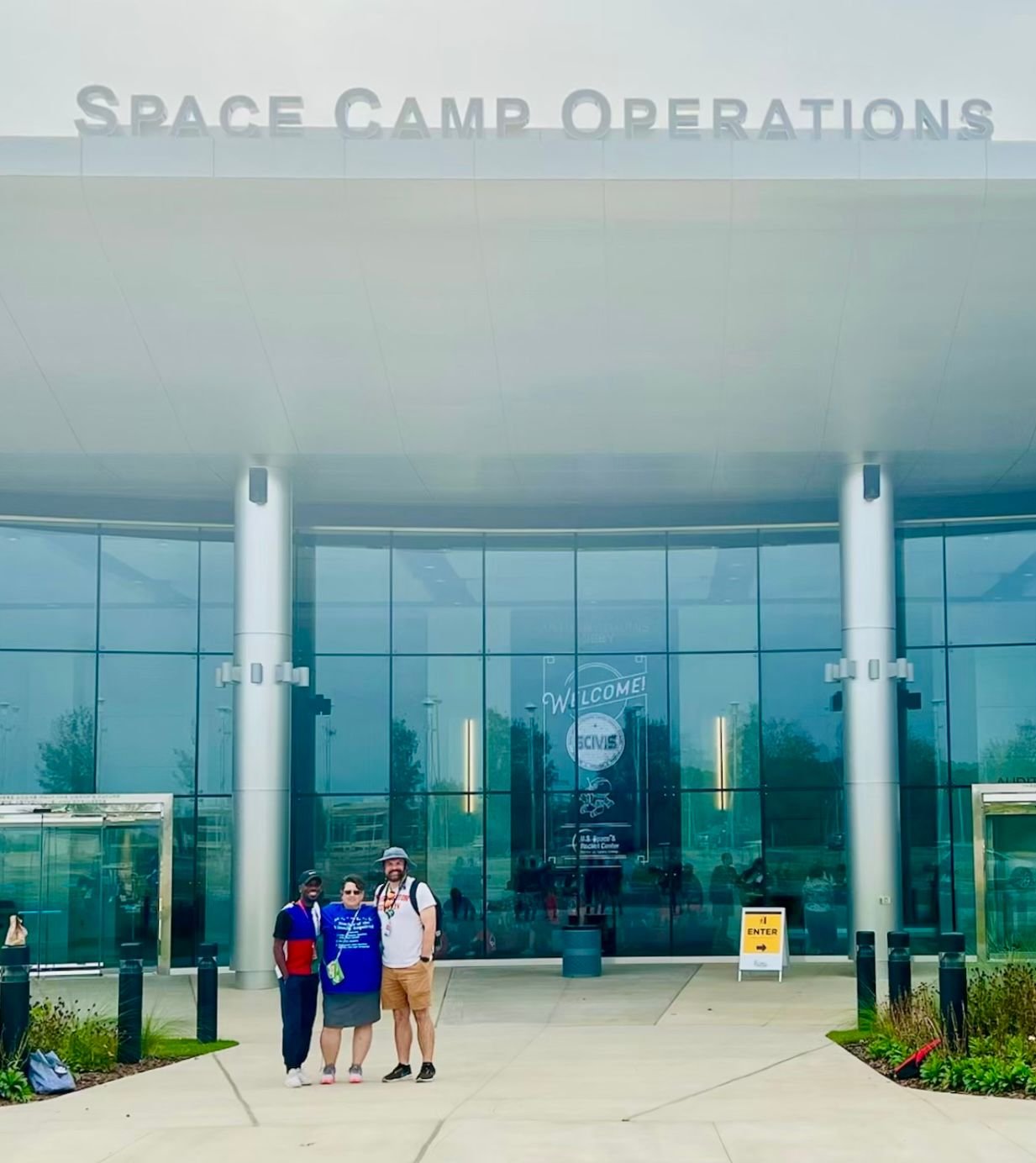
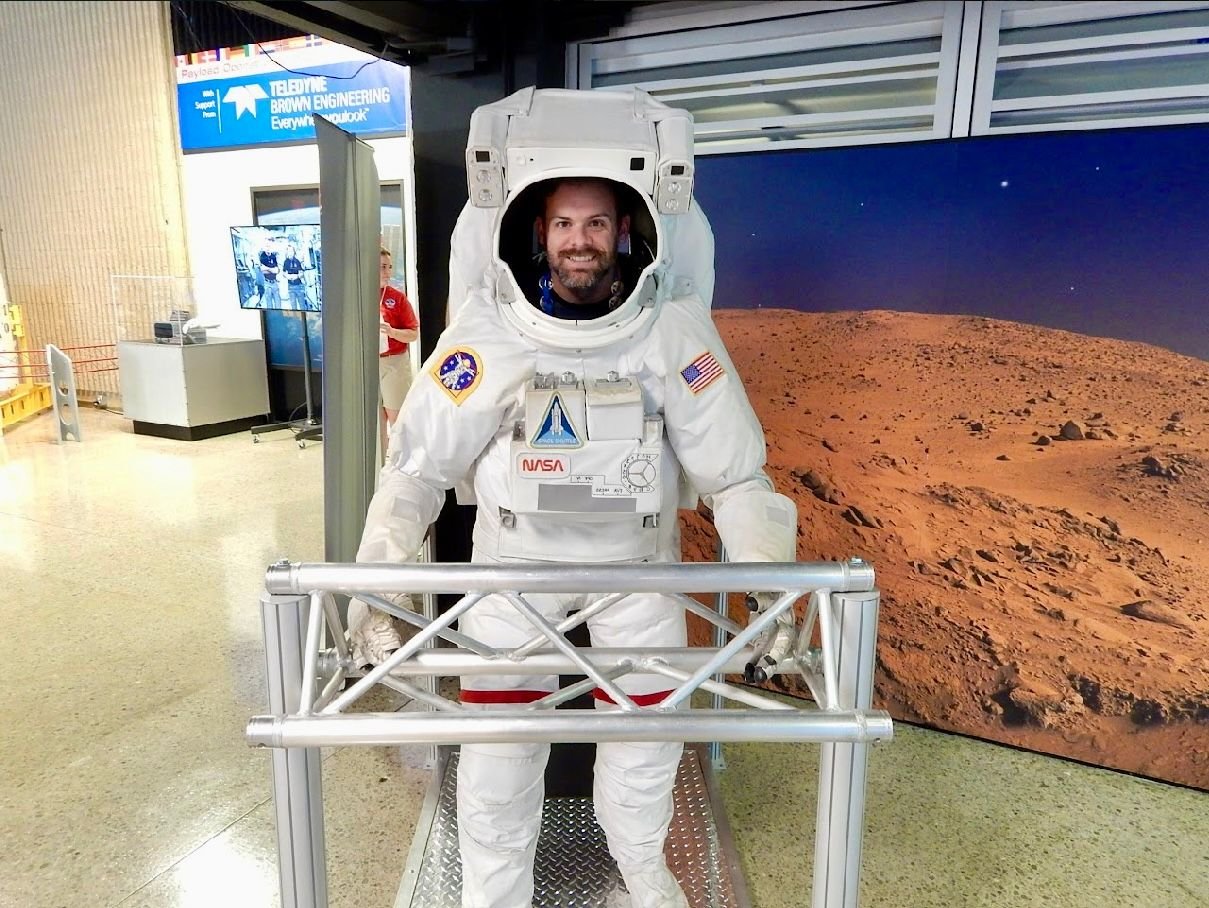
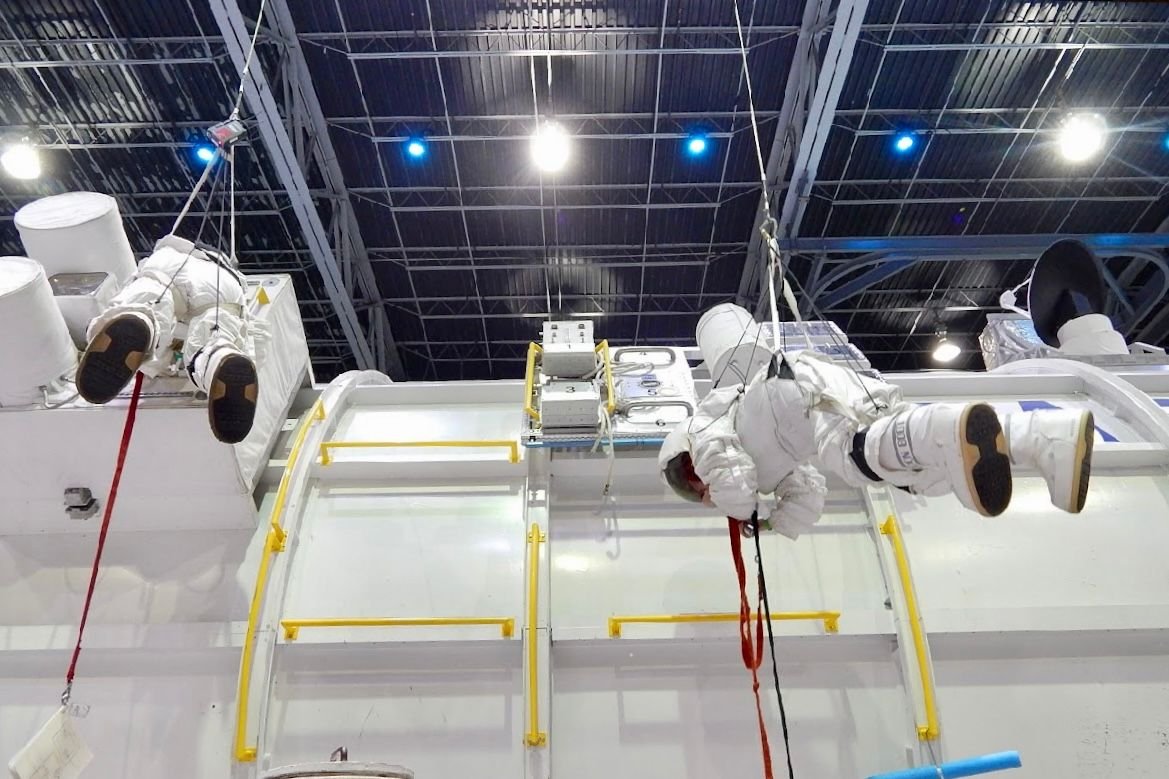
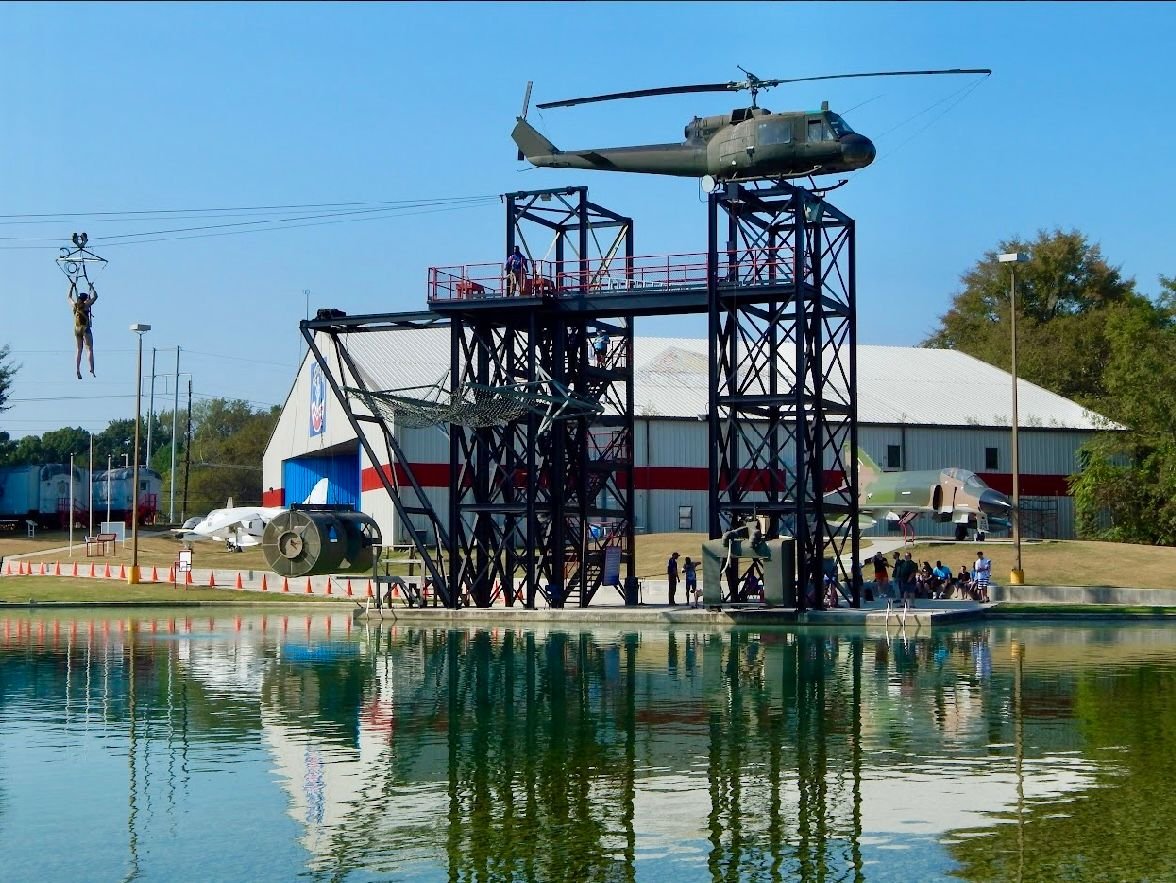
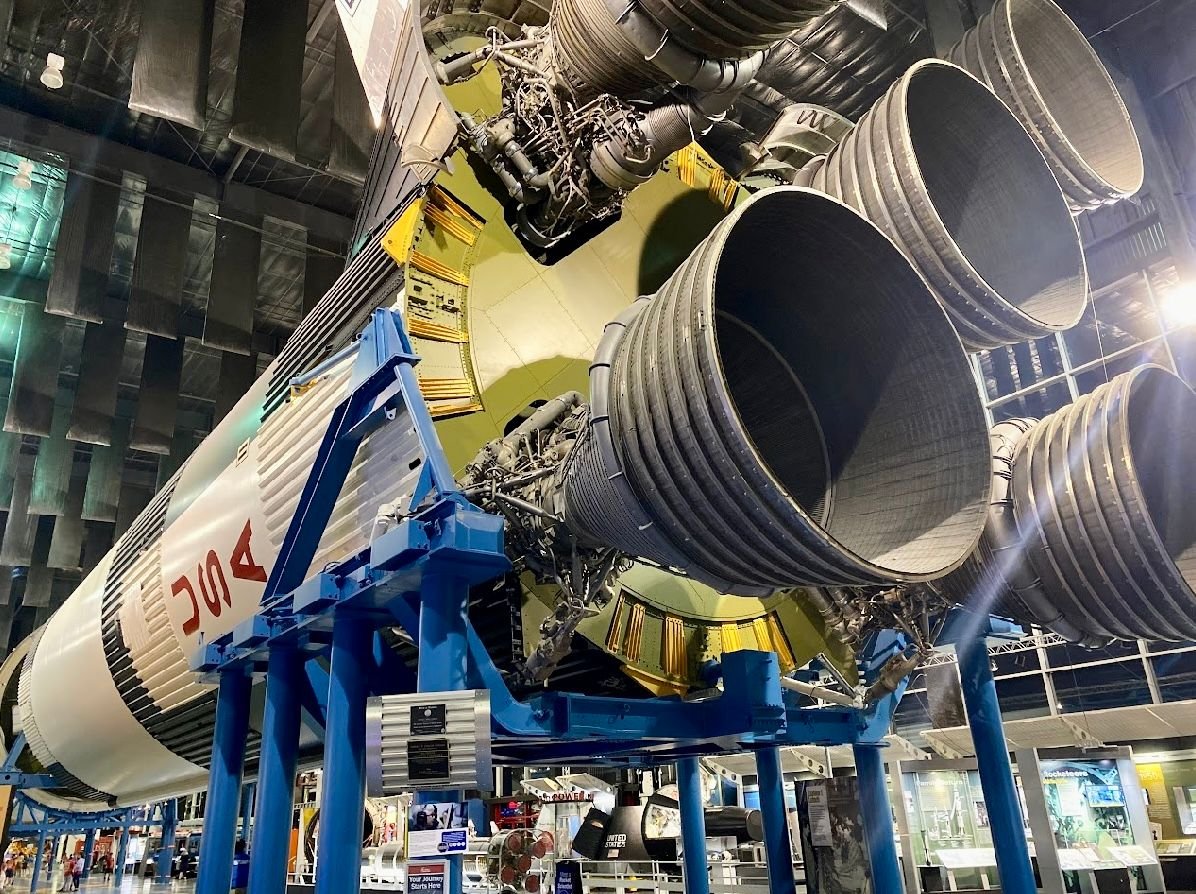
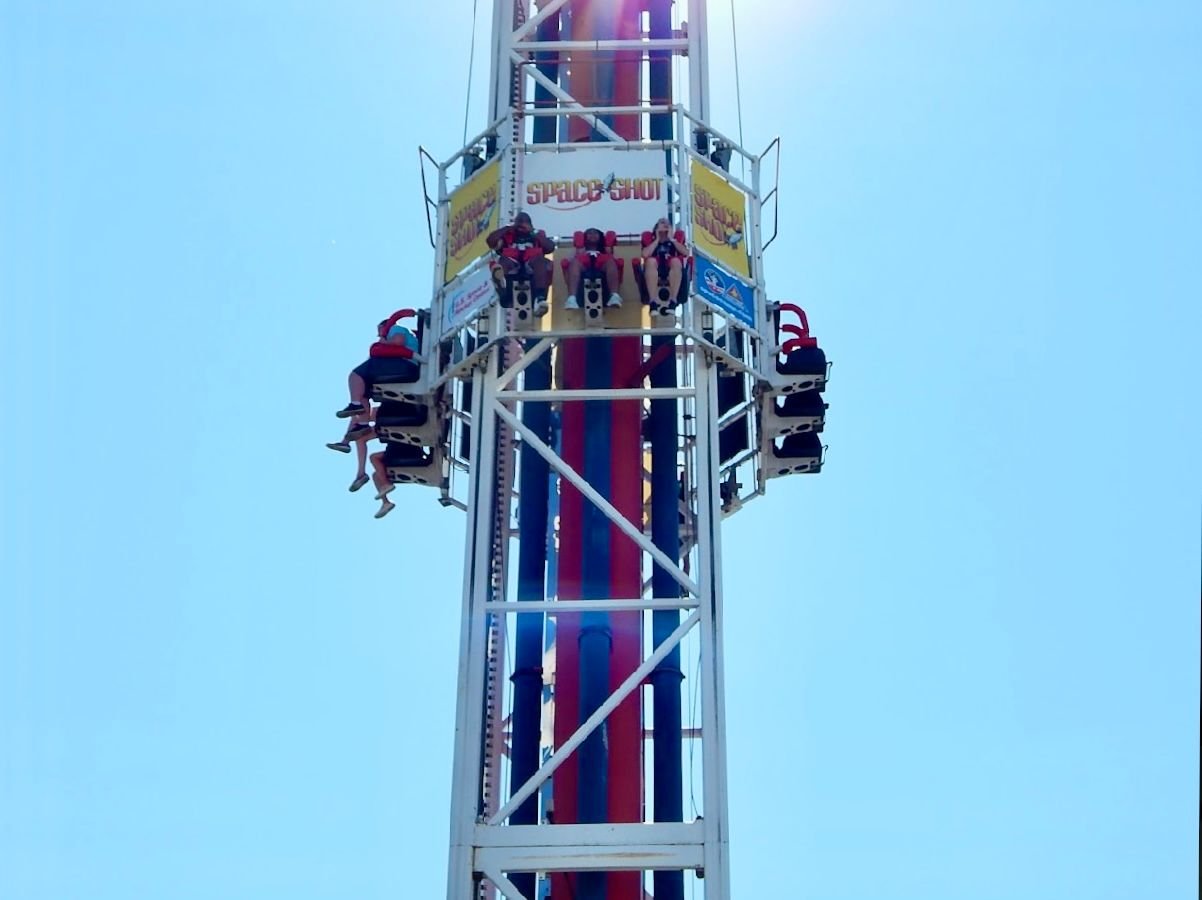
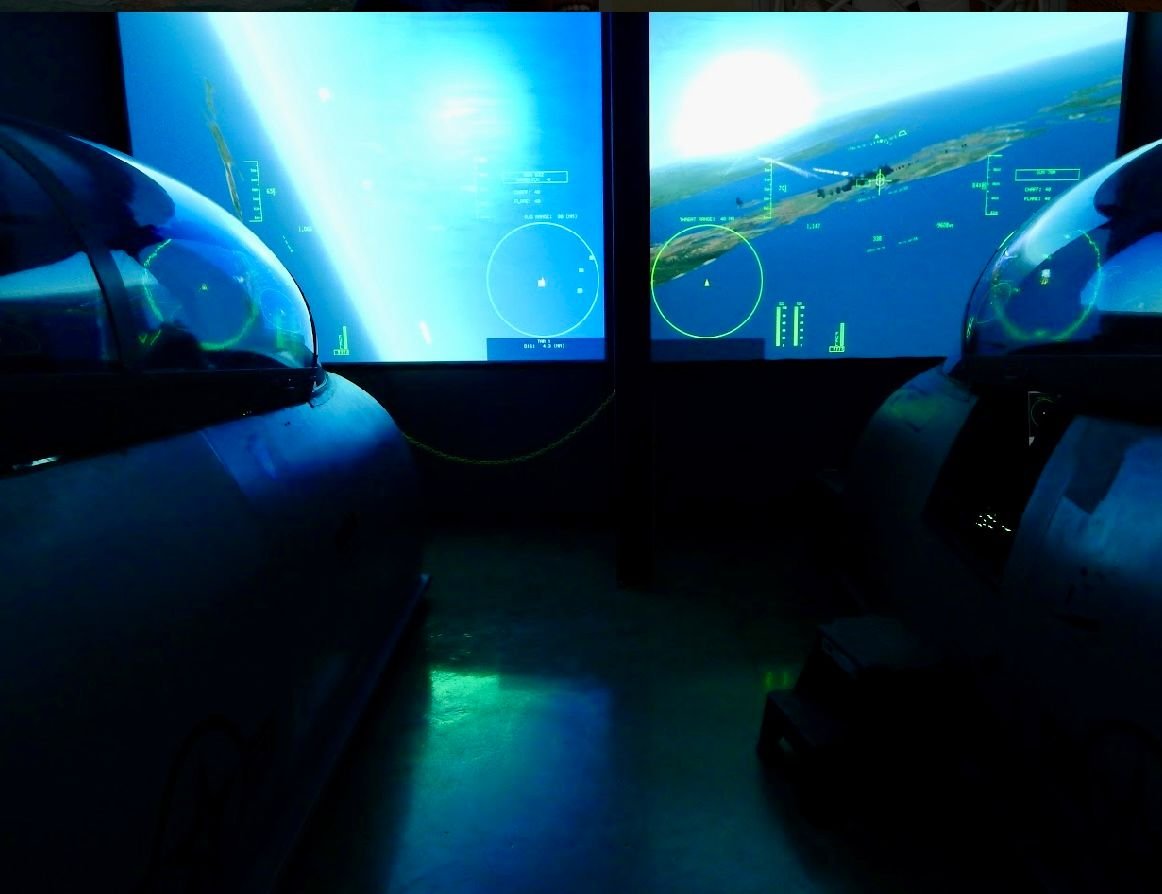
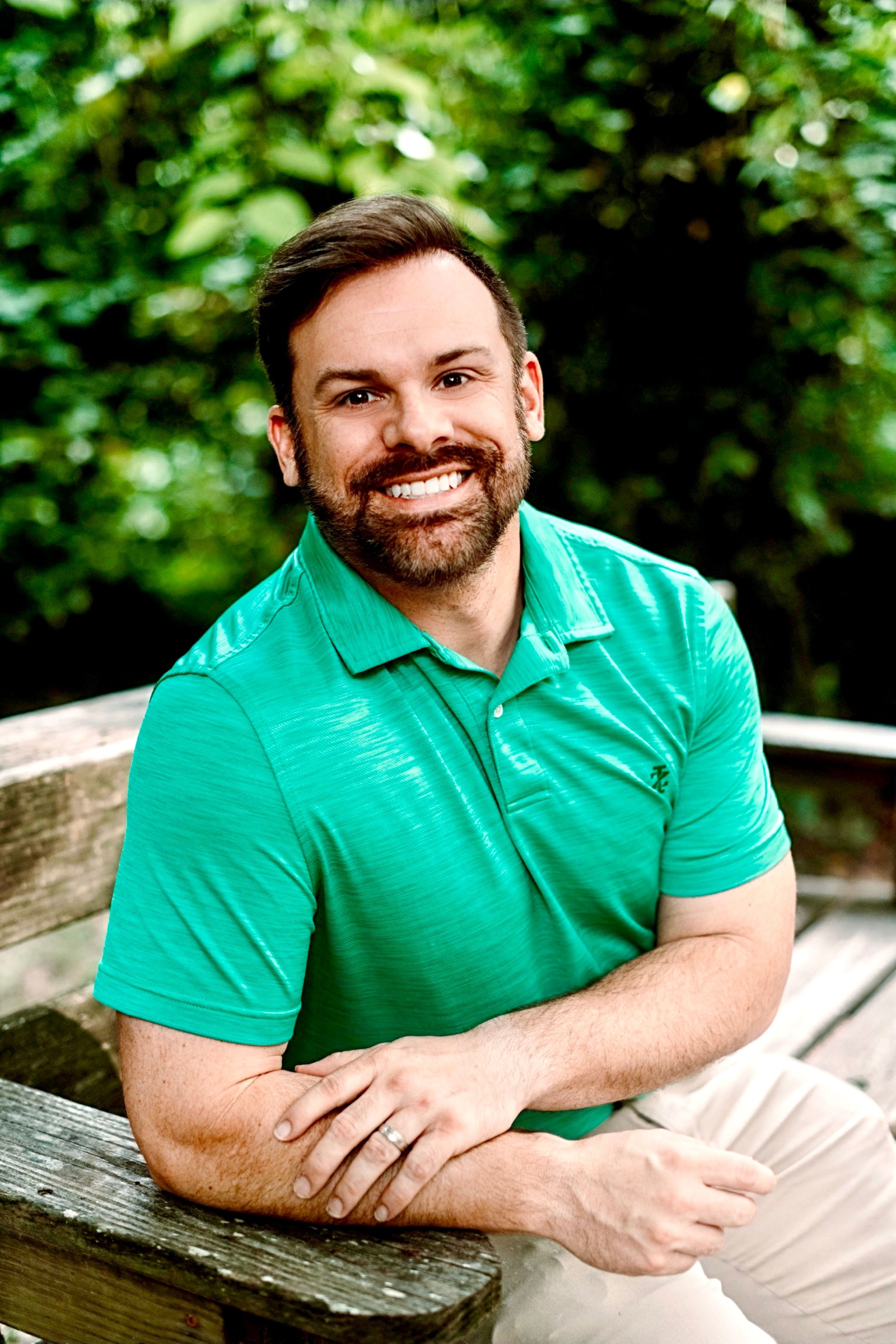
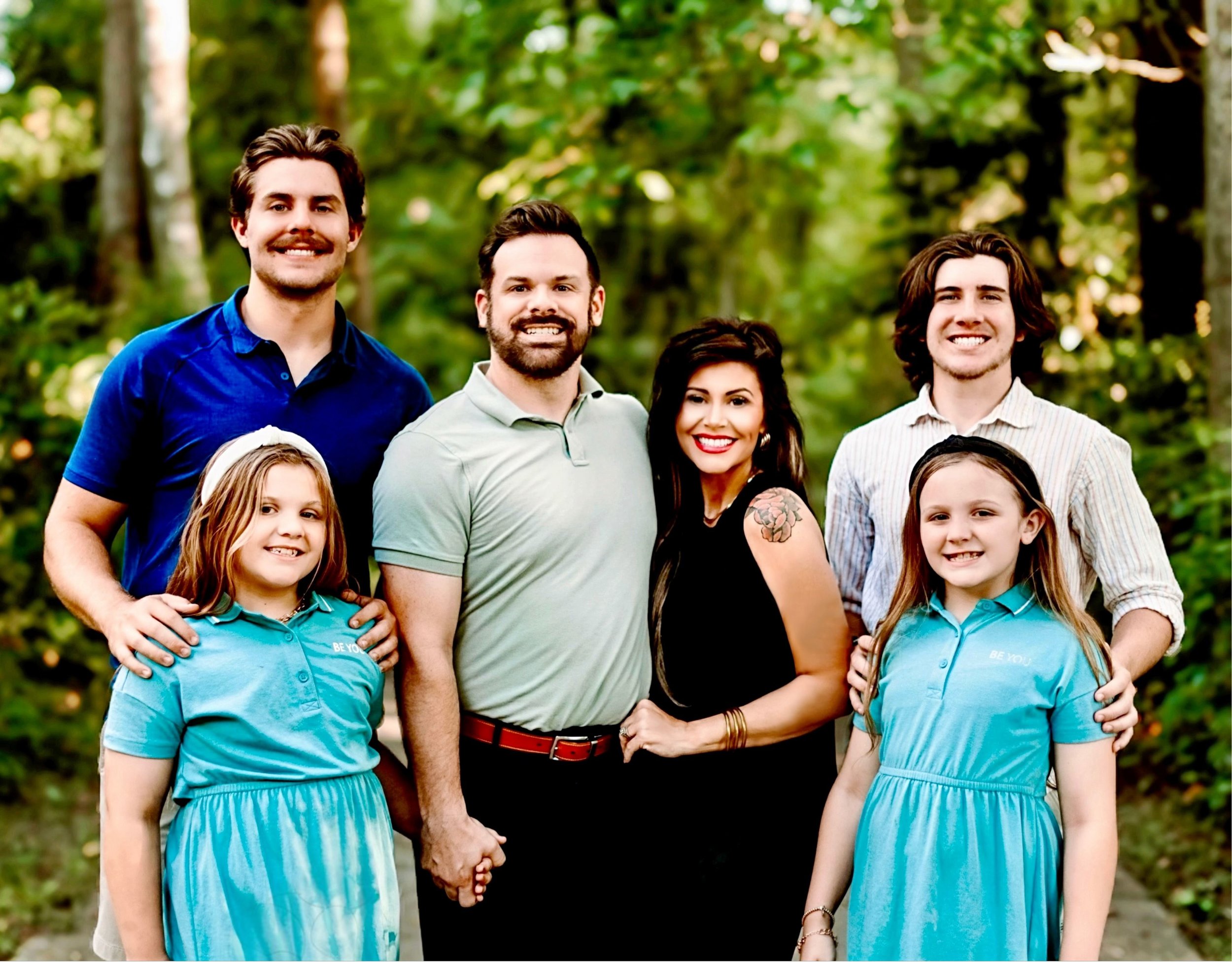
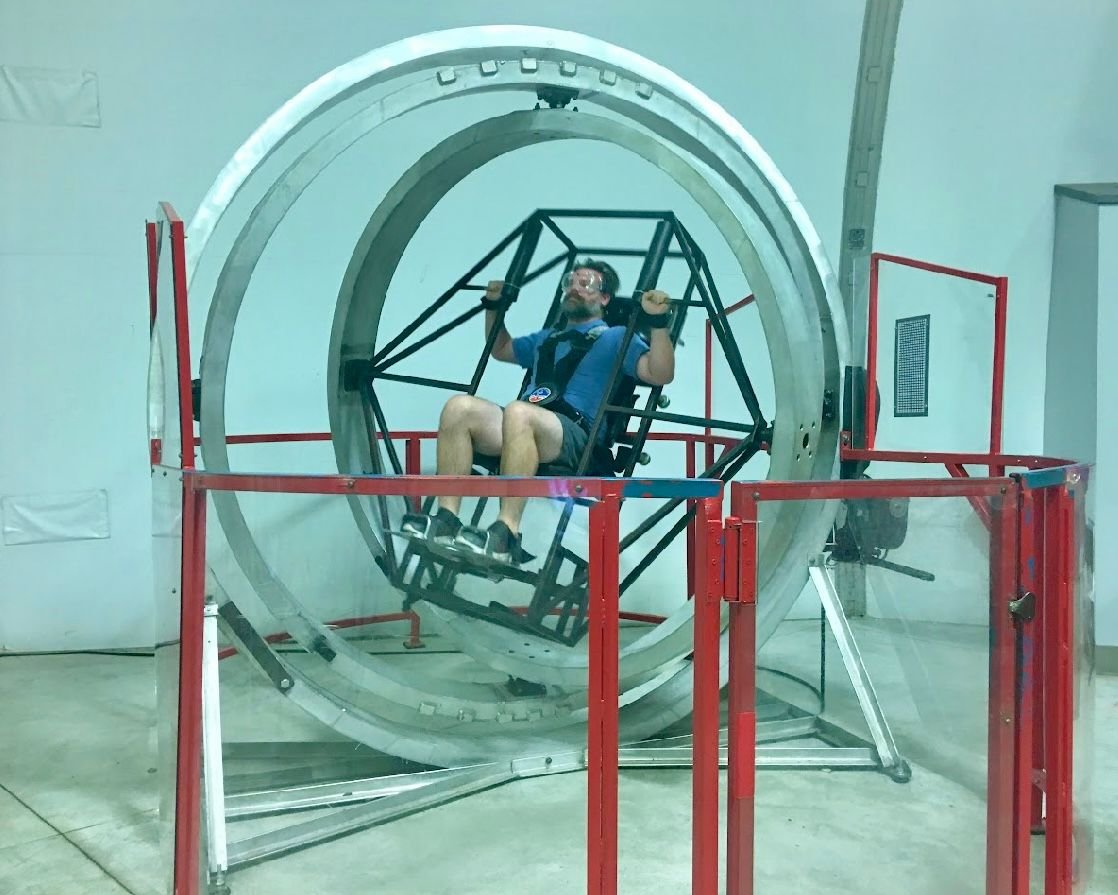
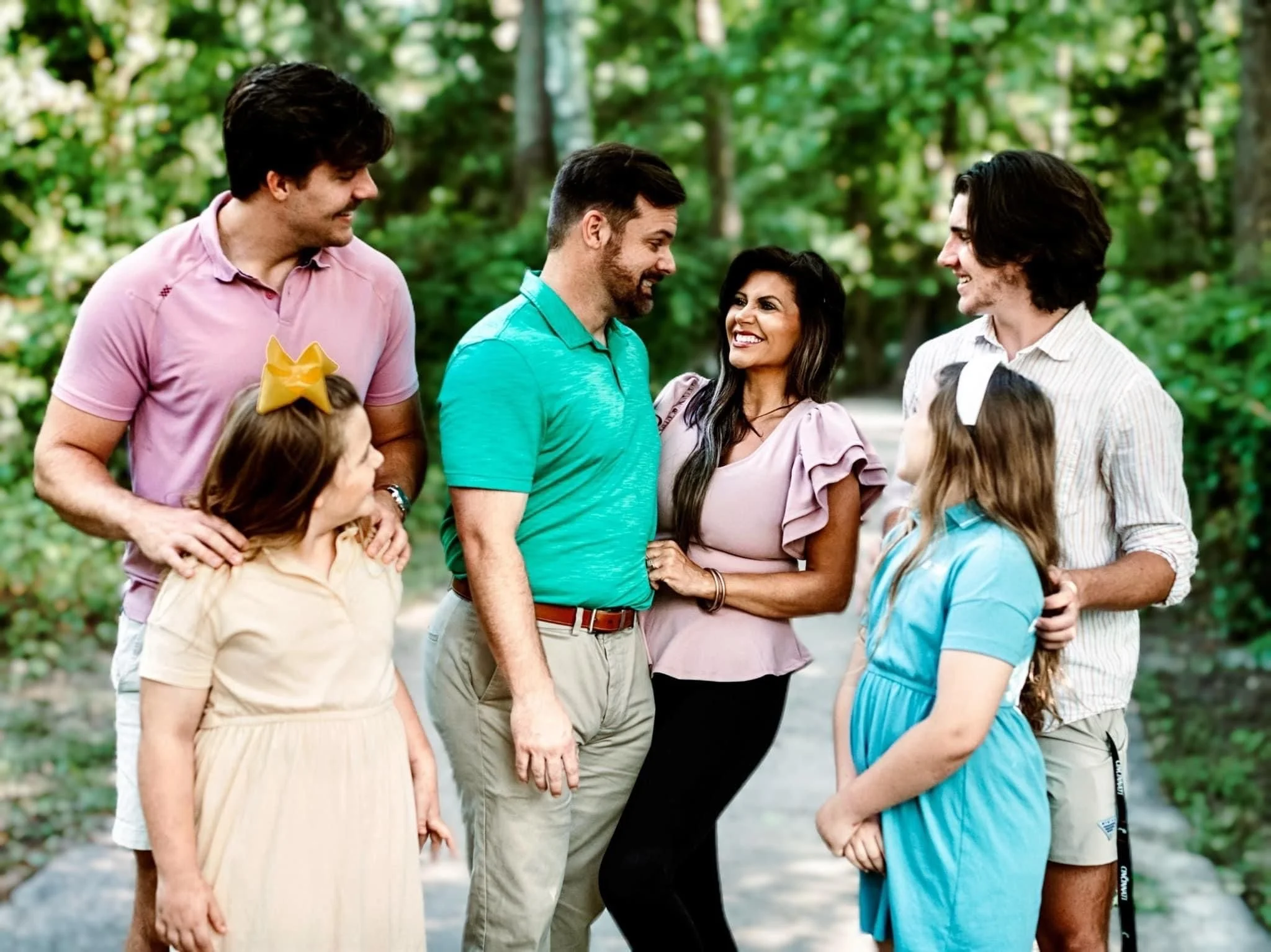
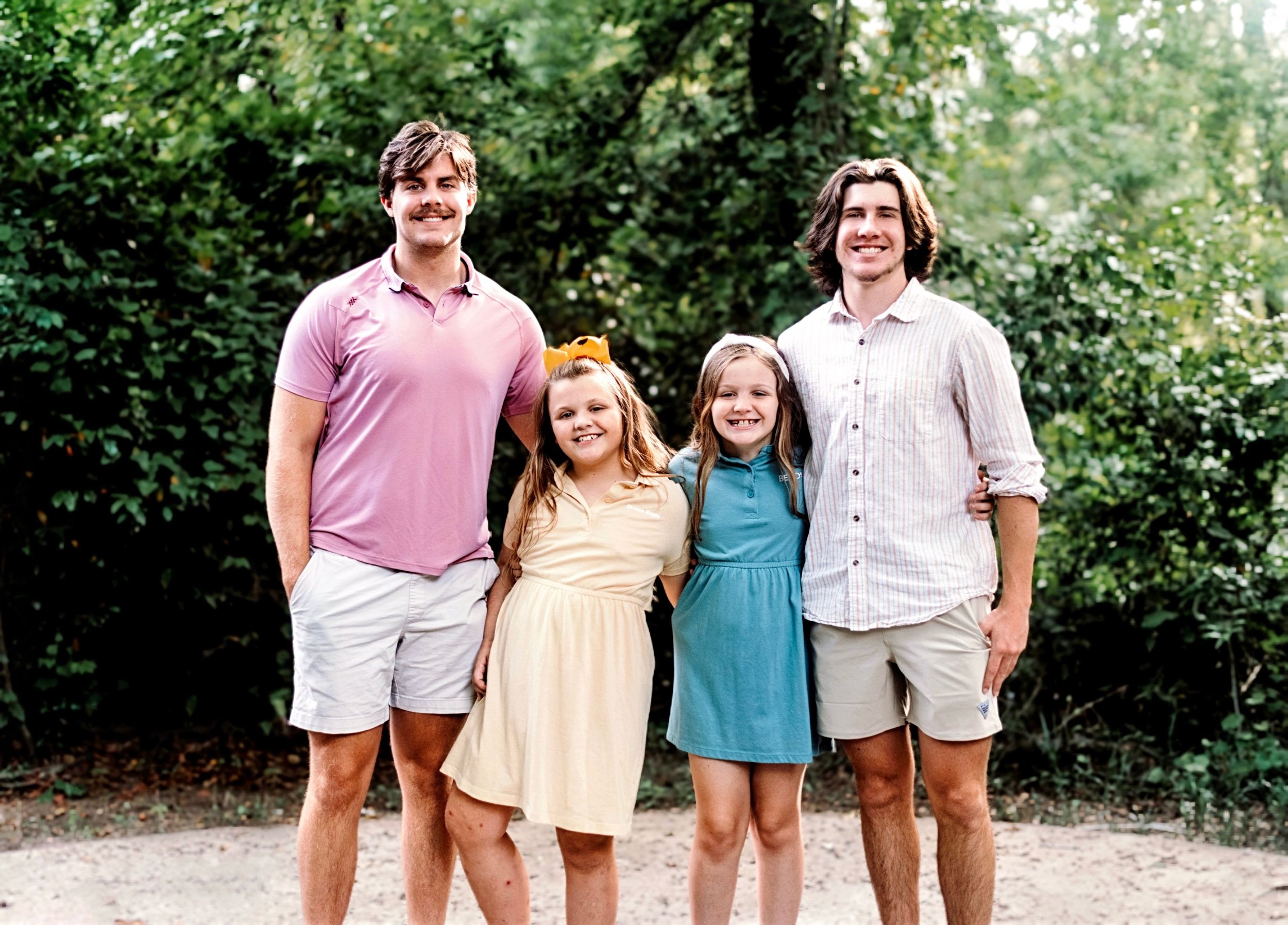
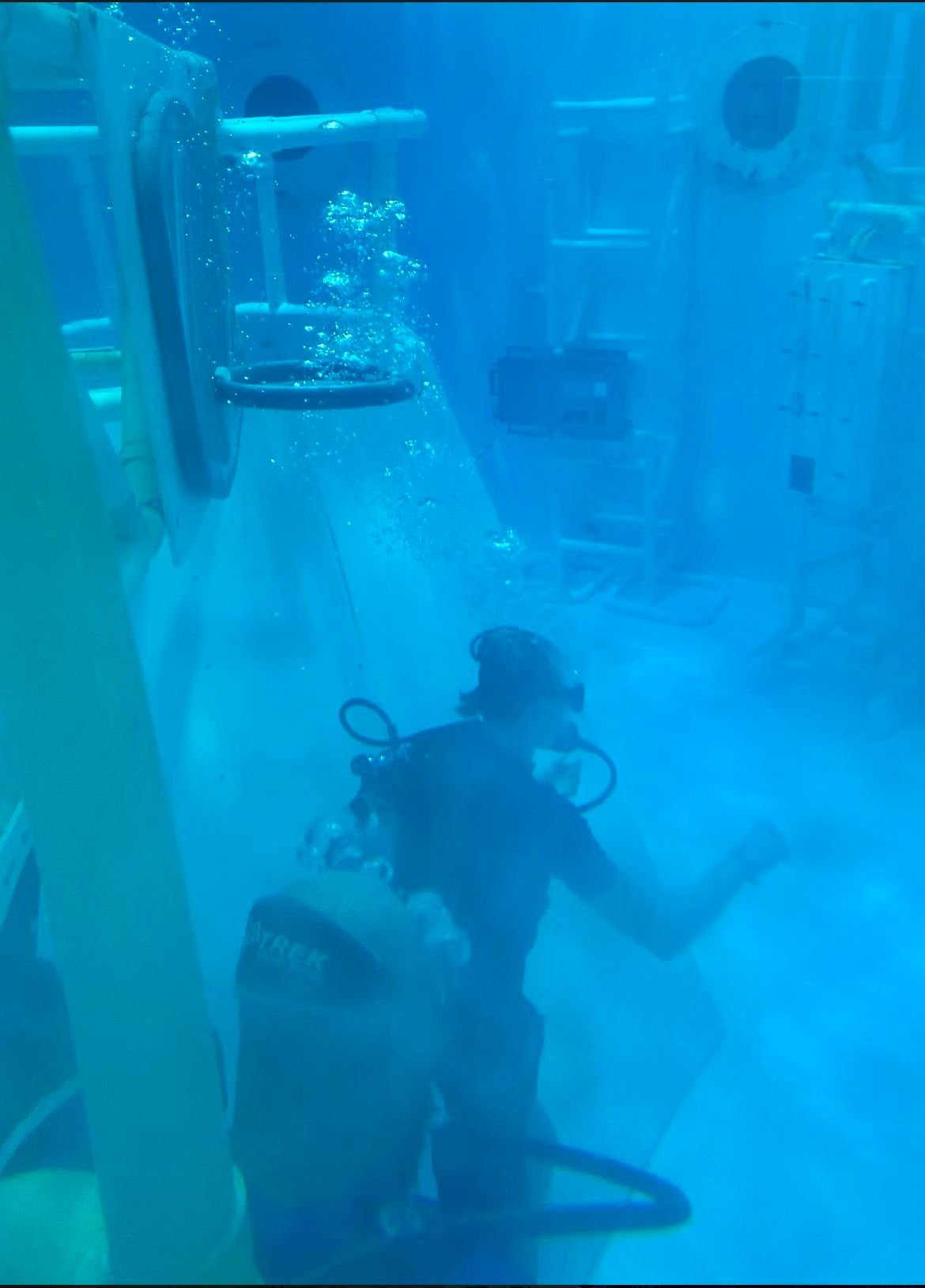
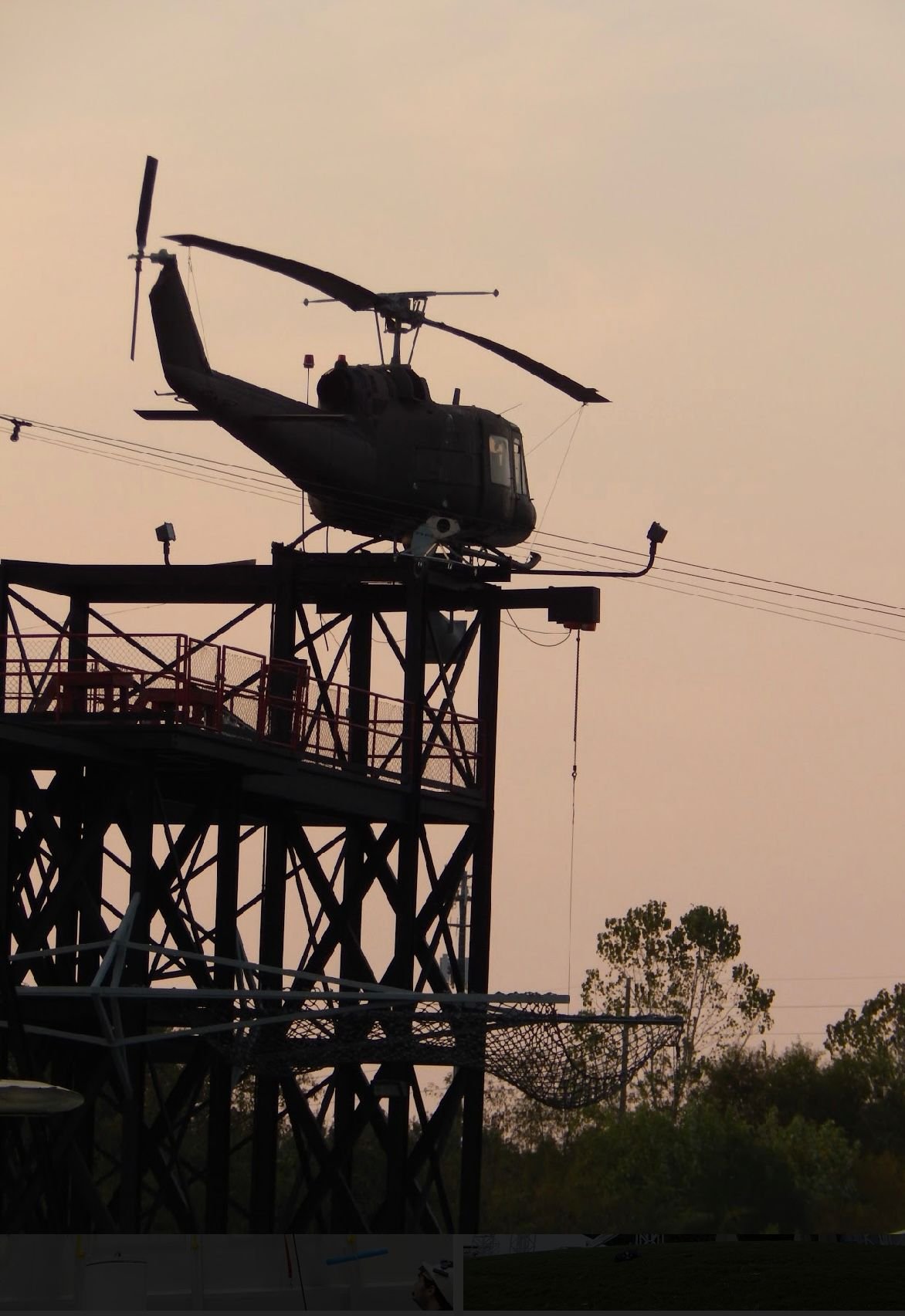

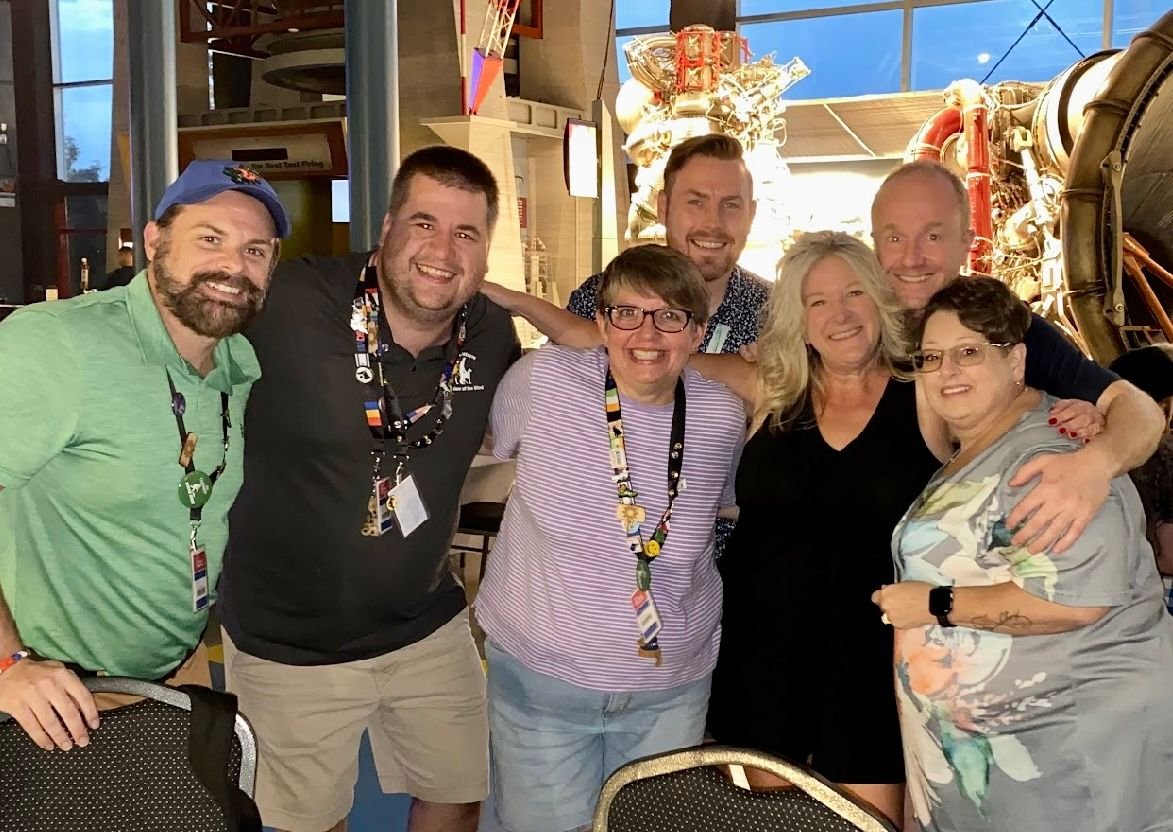
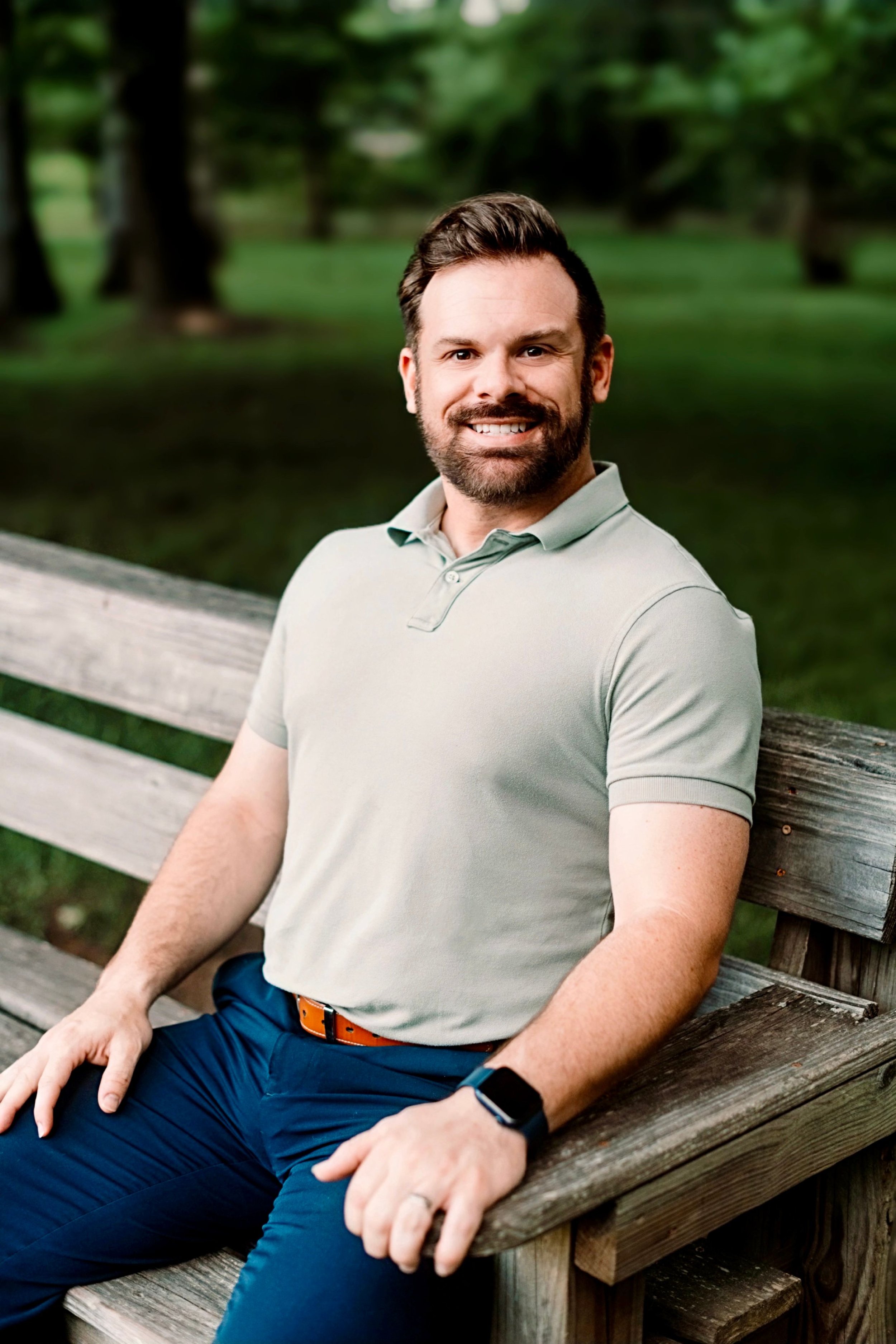
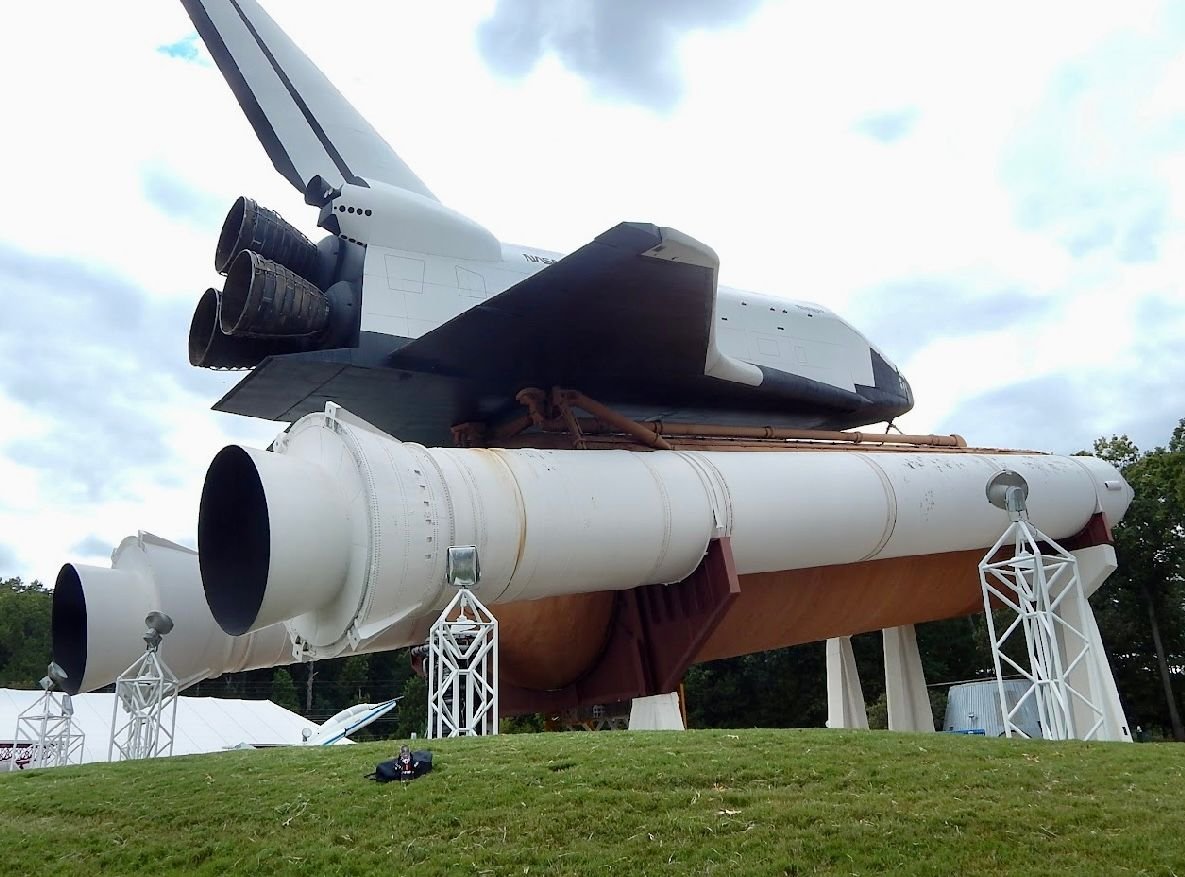
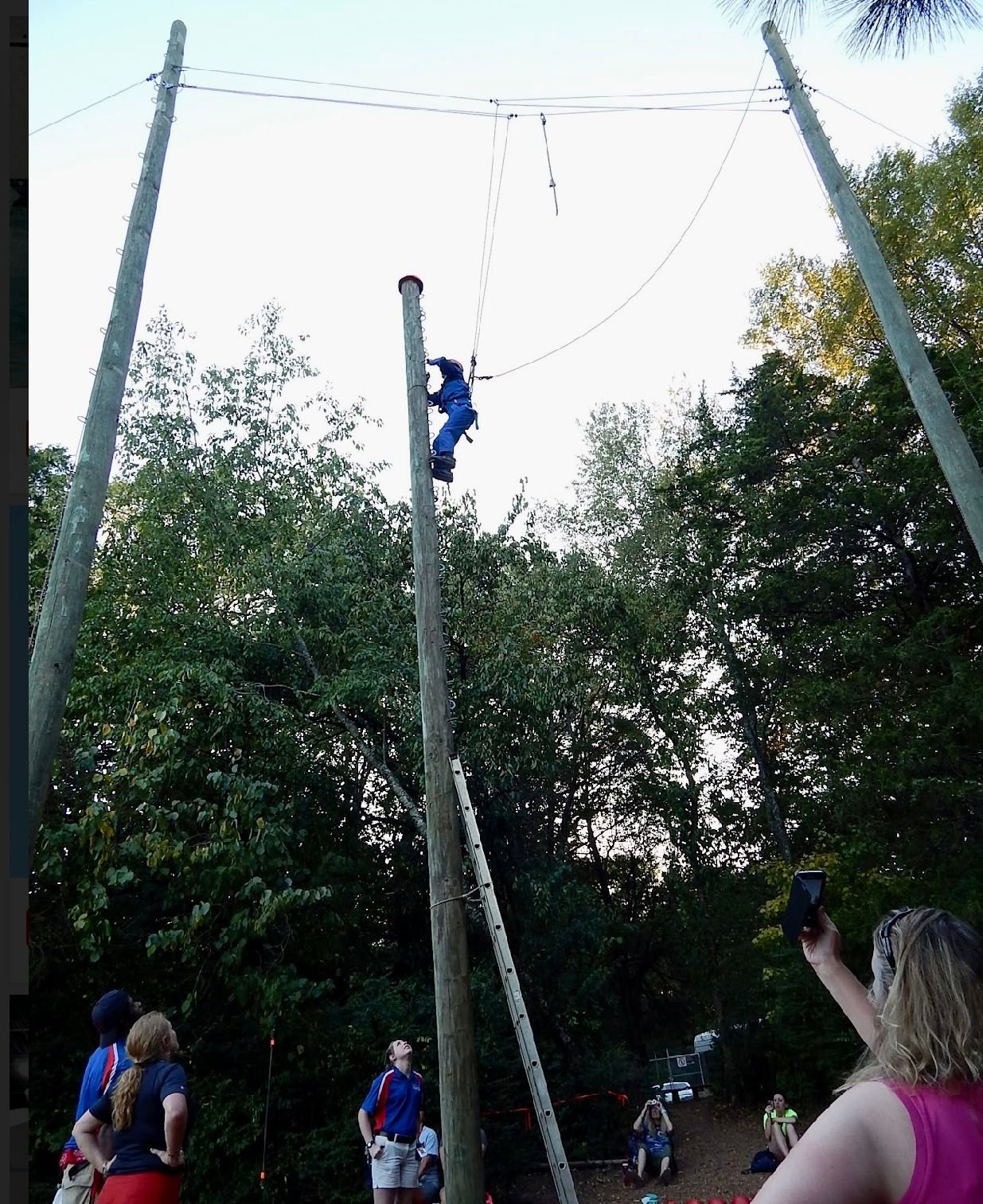
Every year, students from the Georgia Academy for the Blind in Macon expand their horizons by attending a fall camp in Alabama. They’re chosen by their teachers as part of an annual tradition that’s been going on for 20-plus years.
Both students and teachers have a blast while enjoying a truly out of this world experience. The Georgia Academy of the Blind contingent will attend the NASA Space Camp in Huntsville, Alabama. The camp started in 1982 and has more than 700,000 alumni. It features NASA astronaut training focusing on teamwork and leadership skills. It has worldwide appeal, with attendees from all 50 states, U.S. territories and more than 150 countries. The space, aviation and robotics camps are offered to children 9 to 18, adults, families and educators.
One educator who has gone to the space camp is Dr. Neel Bennett, a high school science teacher at the Georgia Academy for the Blind. He and his wife, Tinika, director of photography for Houston County Living Magazine, have four children and reside in Perry. Growing up in Woodstock, Ga., Neel came from a family in the medical profession and considered a career, at different times, in physical therapy, pharmacy and nursing. Moving to Warner Robins after graduating from Mercer University, Neel worked at Houston Medical Center in the pharmacy department while attending nursing school.
His career path and life changed after meeting Tinika. Neel decided to pursue a teaching career,and his first job was as science teacher at Central High School, in Macon. He stayed there for two years before going to GAB in the same capacity. Over the next several years, Neel settled into his job and became certified to teach visually impaired students through Missouri State University. A fellow employee suggested he reinstate the annual space camp trip to Huntsville, Al’s., noting the high school teacher who previously organized the outing would attend and help chaperone the weeklong event. In 2013, Neel went to the space camp with the GAB contingent for the first time, starting an annual tradition he and the students truly enjoy.
Every year they attend the camp, Neel said, they bring a new group of students there for the first time and he looks for the individual who blossoms the most away from school. He noted there’s always at least one student they’re worried about because they have an additional disability other than vision loss, they’re academically or socially behind at school, or they’ve never traveled outside of Georgia. Those worries are forgotten once the student gets acclimated to his new surroundings.
“When they get used to the camp,” Neel said, “you would have never known they had these struggles in school. They succeed and thrive in the academic and social aspects of camp. What helps in the social aspect is that all students bring pins from their home state or country to trade with the other students. That’s an awesome icebreaker.”
The teachers also exchange pins, and Neel said they generally trade with other teachers who work with blind students. Being among a group of chaperones who return every year, he said they’ve developed bonds and friendships with teachers from all over the world. That bond, Neel explained, gives them the knowledge and comfort they can guide and assist one another’s students in a reciprocal manner so the latter can have the most rewarding experience.
The friendship bonds extend to the space camp crew trainers and other employees. Neel said the employees love the unique week and spend a couple of weeks preparing for them and providing many accommodations for the missions and activities and barriers to safe travel.
“There are a lot of 3D models printed or built to demonstrate to the students what they’re about to do,”Neel said. “Retired or former employees and chaperones do what they can to try and come back and volunteer or try to work just to be with us this week. It is just a very rewarding experience for all involved.”
The impetus to attend space camp came after Neel and several other faculty members took six GAB students to the Aviation Challenge camp, where they completed military missions as a team in jet simulators. Along with taking part in a number of simulated activities, they learned the history and science of flight and aviation along with the development of jets and planes over the last half-century from actual jets parked around all over the campsite. That positive experience led to attending the spacecamp on their next trip and exploring a new and exciting orbit.
“At the end, even though they learned a lot of science and math and independent living skills away from home and loved every experience, the most enjoyable thing of all was the social aspect,” Neel said. “They were able to meet and befriend blind and visually impaired students from all over the U.S., from the East to West Coast, and even from all over the world, from Ireland to Australia. A couple of years later, I got Cheryl Moore, the new middle school science teacher, to be one of the chaperones. She absolutely fell in love with it, was all in from the start, and has been helping me coordinate the annual trip ever since.”
Cheryl and Neel have followed similar career paths and share a passion for the space camp. Growing up in Detroit, Cheryl dreamed of joining the military and following a family tradition. She met her husband, Tony, while serving during Desert Shield/Desert Storm and decided to leave the military after getting married to start a family; the couple has six children, one of whom is a daughter, Danielle, a teacher atGAB, and live in Warner Robins.
Cheryl decided to pursue higher education in science after her children were in school full time and attended Georgia Military College and Wesleyan College. While in school, she met someone who worked at GAB and applied there following graduation.
Cheryl was hired and worked as a paraprofessional the first year before getting her own classroom. She started out teaching early childhood education art while attending Missouri State University and working toward a master’s degree in visual impairments and special education.
After teaching the younger students for several years, Cheryl switched to the middle grades to teach social studies and science and has taught the latter for the past nine years. In the interim, she also accepted Neel’s invitation to attend the space camp and every year eagerly awaits the opportunity to travel to Huntsville with the GAB contingent.
“It was a new experience, and I was excited to meet people from all over the world,” Cheryl said. “The first trip to SCIVIS changed me in so many ways. Watching our students overcome so many obstacles in one short week was overwhelming, emotional, eye-opening and fulfilling. Watching these students learn about space and flight and how to work as a team, to trust others and to change, is a wonderful thing to see evolve.”
By the end of the week, Cheryl noted, students who were afraid to take one step and let go are climbing a 30-foot pole, patrolling in the woods, zip lining, building fires, learning water safety and rescue, and gaining knowledge and having fun. Meeting visually impaired children with from around the world, sheadded, is an extra bonus since many haven’t traveled outside the United States. “Neel and I have traveled to Alabama for quite a few years now and it has been a new learning experience every year for us and our students,” Cheryl said.
The space camp was established more than three decades ago to provide the general public with the opportunity to experience astronaut training simulations and complete various missions in the space shuttle. With the retirement of the space shuttle program in the next few years, the focus will shift to modern programs.
A few years after the space camp started, a group of individuals from West Virginia introduced the idea to take blind and visually impaired students to Huntsville for a week. That be came a reality in 1990. One of the chaperones was Dan Oates, who subsequently became coordinator and director for the annual event that was later named Space Camp for Interested Visually Impaired Students (SCIVIS). 1990. More than 30 years later, Oates still heads up SCIVIS.
The cost to attend the camp is $1,500 per person. With many parents unable to afford this amount and schools not footing the entire bill, Neel and Cheryl considered alternative finance options and learned about the Delta Gamma Foundation. Students write an essay and letter to the foundation to be considered for scholarship opportunities.
“They usually end up being able to pay close to half of the total tuition,” Neel said. “They can do more if people donate. Our school is more appreciative of the donations and is more likely to pay the remaining balance. Delta Gamma saves GAB thousands.”St. Louis Lighthouse of the Blind and Northrop Grumman from Texas also provide other scholarship opportunities for those who qualify, according to Neel, adding that all these groups accept donations and base the number of scholarships on the contributions they receive. Neel noted GAB also accepts donations to its student fund to help pay for students to attend the space camp.
